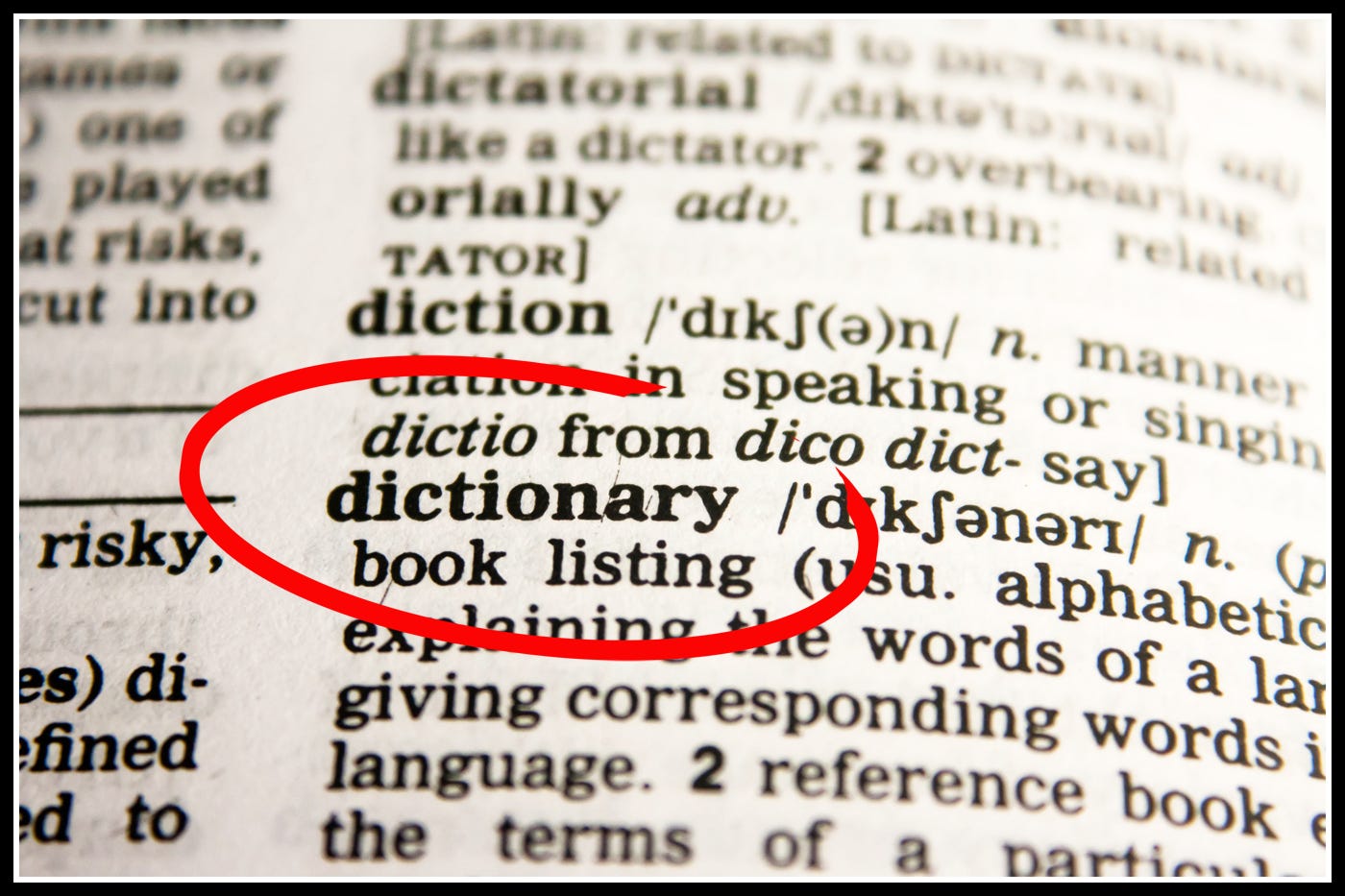What do you mean “if it’s any good? – It makes money like crazy” he said “of course it’s good!”
He was truly shocked by my question and I was shocked at the answer. I thought ‘good’ meant the consumer would get well. He thought ‘good’ meant the vendor would get rich! We both just gaped at each other in disbelief.
Two very different perspectives on what constitutes ‘good’. Good for who?
And what about the one it’s not so good for? The cheated consumer, or the disappointed constituent.
What do words really mean anyway? Unless we are using the same frame of reference, in reality, not much.
What immediately springs to mind is a verse from the Koran I was reading yesterday.
Koran 2:216 “Fighting is prescribed for you, and ye dislike it. But it is possible that ye dislike a thing which is good for you, and that ye love a thing which is bad for you. But Allah knoweth, and ye know not.
It says fighting is ‘good’ for you. And you don’t know but Allah does. Now this is the crux of the issue. Allah knows and humans do not, reason, need not apply.
So exactly what are practitioners of Islam allowed to figure out for themselves?
For example, at an Italian on-line conference, I asked an expert on the subject of Hijabs a question about Koran 33:59 – that a believing woman must cover herself so she will be ‘known and not be assaulted’.
I asked if this did not then pose a risk for all unbelieving women as they would be the opposite – ‘known’ as available to be assaulted? Her answer – this is from a recognized expert – was to say that this was a ‘theological question’ that she ‘could not answer’.
Why is she not able to answer?
According to sharia the vast majority should “…refrain from discussing the subtleties of scholastic theology, lest corruption difficult to eliminate find its way into their basic religious convictions.” (i) (a4.2)
From a handbook of sharia law:
“a1.4 …the good of the acts of those morally responsible is what the Lawgiver (syn Allah or His messenger) has indicated is good by permitting it or asking that it be done. And the bad is what the Lawgiver has indicated is bad by asking it not be done. The good is not what reason considers good, nor the bad what reason considers bad. The measures of good and bad… is the Sacred Law, not reason.”
And based on Koran 16:43 – ‘Ask those who recall if you know not’ – Sharia states that “b.7 By consensus of all scholars …it is obligatory for the ordinary person to follow the scholar who is a mujtahid.”
For Islam – Sharia is ‘good’, it is Islam in practice – ‘the ordained way’ set out in the Koran and Hadith. When non-Islamic governments accommodate sharia they are supporting a system that is known globally for it’s many practices that run contrary to the Universal Declaration of Human Rights.
In this case ‘good’ is more than just a question of taste.
“After Mecca, there is no hijra (migration) only jihad and good intentions.”
Good for who or what?
Sharia?
Sources:
(i) Sharia, Reliance of the Traveller (a1.4, a4.2, b.7) Nuh Ha Mim Keller, Amana Publications 2015 https://archive.org/details/relianceofthetravellertheclassicmanualofislamicsacredlaw
Koran 5:101-102 https://legacy.quran.com/5/101-102
Koran 45:18 https://legacy.quran.com/45/18
Koran 33:59 https://legacy.quran.com/33/59
Koran 16:43 https://legacy.quran.com/16/43
Koran 2:216 https://legacy.quran.com/2/216
Hadith (Bukhari 2783) https://sunnah.com/bukhari/56/2
Photo Credit: Pixabay




